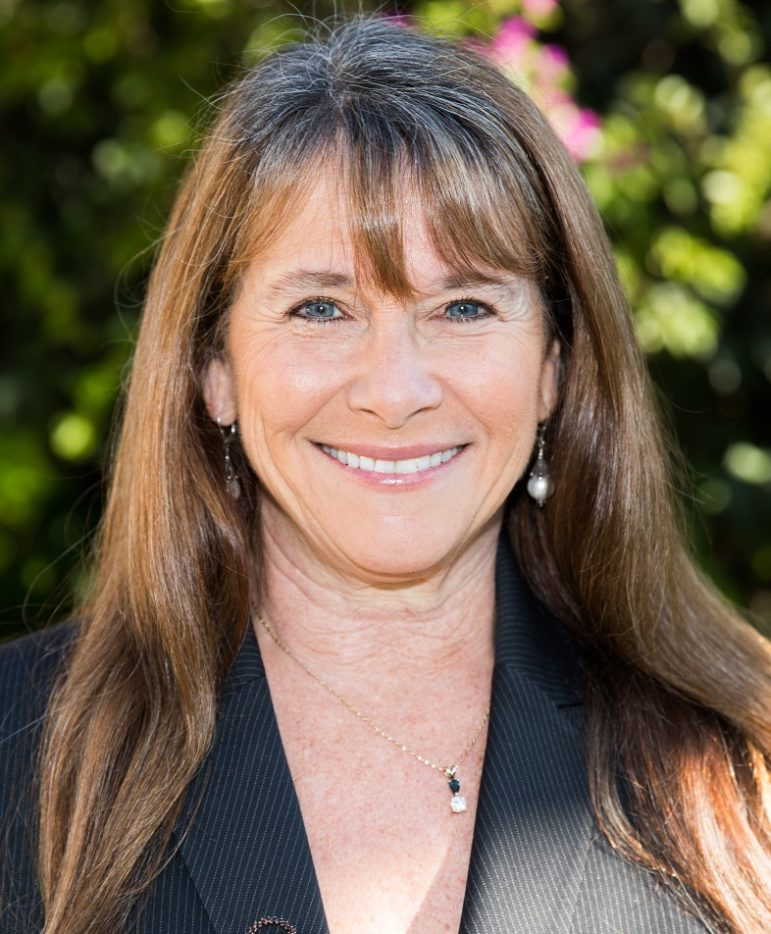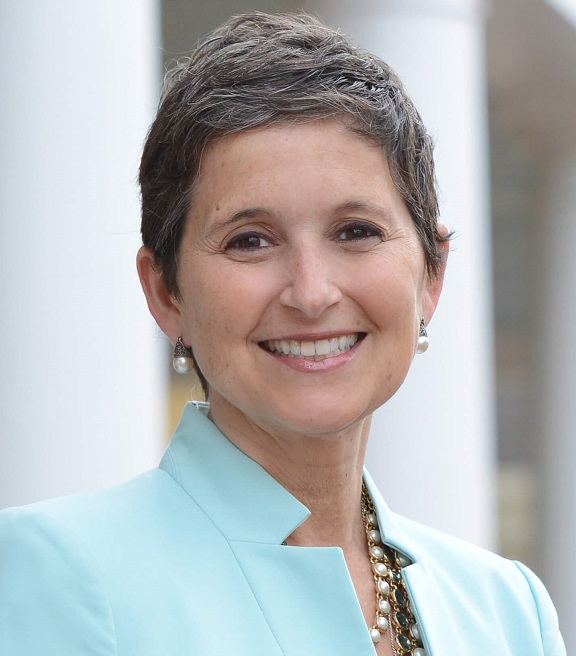![]() “Move the bodies.”
“Move the bodies.”
That’s what a defense lawyer recently overheard an employee in juvenile court say, as if the young people being brought into the courtroom for the next hearing were animals to be herded. The dehumanizing of young people involved in the criminal legal system is common, unfortunately. Those comments, and the attitudes underlying them, can have detrimental effects on youth who hear themselves spoken about with bias, disapproval and disrespect.

Miriam Aroni Krinsky is executive director of Fair and Just Prosecution and the former head of Children’s Law Center of California.
Many parents can tell you that young people may fail to be respectful and compliant or to show empathy and remorse in ways adults expect, particularly in a stressful and confusing environment. And few settings are as stressful or confusing as a courtroom. There, young people may be rude and disrespectful, talk back, laugh derisively and awkwardly, refuse to make eye contact, or otherwise appear uninterested. It is the responsibility of judges, prosecutors and defender attorneys to understand that this behavior is acceptable from adolescents. It’s also those legal professionals’ responsibility to consider the development of each child, identifying the layers of disability and trauma the young person has faced and recognizing that their behavior likely belies their fear.
It is not enough to just say we should “treat kids like kids.” Juvenile court practitioners need concrete guidance. That’s why Fair and Just Prosecution, the National Council of Juvenile and Family Court Judges and National Juvenile Defender Center worked together to issue a joint statement on how important legal specialization is for those working in the juvenile court system; and to issue “Seeing What’s Underneath: A Resource for Understanding Behavior & Using Language in Juvenile Court,” a new resource, developed with the Georgetown Law Juvenile Justice Initiative, that provides guidance for legal practitioners and other court employees.
Among the groups’ recommendations are that juvenile court judges, prosecutors and attorneys for young people:
- Be allowed and encouraged to specialize in juvenile court practice within their jurisdiction and offices.
- Have relevant legal experience prior to being assigned to juvenile court and/or a demonstrated commitment to working with young people.
- Receive ongoing training about advancements in social and scientific research regarding young people’s development and lived experiences, and juvenile and criminal laws.

Mary Ann Scali is executive director of the National Juvenile Defender Center.
Research has long demonstrated the importance of trauma-informed and developmentally appropriate juvenile justice practices. Translating that research into practice, though, can be more difficult. Too often, juvenile and family courts in the United States are used as training grounds for new judges, prosecutors and defense attorneys. This has long-lasting consequences, as untrained or inexperienced professional staff can saddle young people with punishments that cause lasting harm and result in missed opportunities.
To practice proficiently in juvenile and family court requires that practitioners have substantial expertise. In addition to specialized legal knowledge of juvenile and family court proceedings, judges, prosecutors, defense lawyers and other juvenile court professionals need to understand the other systems and circumstances that regularly intersect with juvenile and family court cases, including child welfare, education, special education, school discipline, probation and domestic violence. They also must be knowledgeable about a host of related topics, including the science of adolescent development; techniques for communicating with young people; mental and behavioral health; community-based programs for court-involved youth; how exposure to trauma and violence can affect children and adolescents; and how race and poverty impact a youth’s experiences with the legal system.
That’s why our organizations – working closely with reform-minded elected prosecutors and youth defenders across the country – call on juvenile and family court systems to encourage specialization for all legal professionals and require training on key topics related to juvenile justice.
We want young people to succeed and thrive. For youth involved in the juvenile and family court systems, that begins by ensuring they are surrounded by legal professionals who are specialized and steeped in the work they do and who can understand both developmentally appropriate adolescent behavior and adolescent responses to trauma they’ve endured. It includes listening to young people, having empathy, de-escalating situations, engaging young people and their families, being mindful of cultural differences or distinctions and using language that affirms and humanizes.
We can and must do better. These are not small adults, they are children. They deserve our best.
Miriam Aroni Krinsky is executive director of Fair and Just Prosecution and the former head of Children’s Law Center of California, which represented more than 20,000 children in the child welfare system. Mary Ann Scali is executive director of the National Juvenile Defender Center.
